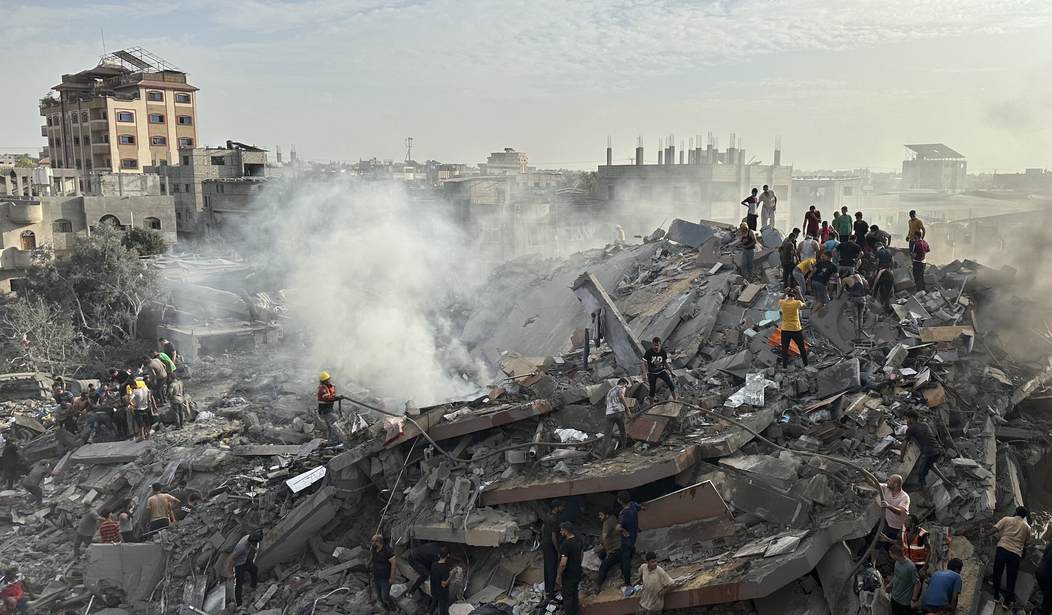One of the most poorly informed debates in the media coverage of war is the concept of "proportionality." The average person understands it as a kind of transaction. If X kills N citizens of Y, then Y can fairly retaliate by killing N*(1+i) citizens of X, i being a penalty. But what it really means according to the Red Cross is it prohibits attacks against military objectives which are “expected to cause incidental loss of ... civilian objects ... which would be excessive in relation to the concrete and direct military advantage anticipated.”
It might be restated this way: disproportionate acts are operations of war that are not worth it. The bombing of Hiroshima is actually held by some, but not all, as justifiably "proportionate" because it averted an even deadlier invasion of Japan and ended WW2. The same argument can be made to justify the Dambuster Raids, Dresden, the firebombing of Tokyo, etc. It is certainly a slippery slope, but it provides one important insight: useless military acts, symbolic bombings, etc., are potentially disproportionate if they intentionally achieve nothing.
Just because a war goes on endlessly doesn't always make it better. There is a category of conflict called forever wars. "Perpetual war, endless war, or a forever war, is a lasting state of war with no clear conditions that would lead to its conclusion." Civil or ethnic wars can fall into this category. Other examples are the War on Drugs, the War on Terror, the conflict in the Congo, the Ukraine-Russia War, and the wars of Israel. They are not bloodless. "Since 1996, conflict in eastern Democratic Republic of the Congo has led to approximately six million deaths," according to the CFR, making it history's most deadly since WW2.
We are now on very dangerous moral ground, but let us end on this thought. It is the object of a just war to minimize the total casualties of an unavoidable conflict by restoring peace. Prolonging conflict merely for the sake of it is not necessarily a humanitarian act. Forcing a stalemate is not always the cheapest option in terms of human lives there is.
The cheapest way forward cannot be determined by a formula. It requires statecraft, skill, and — alas — luck.
There is an unavoidable element of contingency here. Proportionality can be misjudged. Harry Truman could not have been sure the A-bombs would end WW2, nor can a military commander be sure a Hamas big is riding in an ambulance. If the A-bomb did not end WW2, history's judgment on HST might well be different, but there was no way to know that beforehand.










Join the conversation as a VIP Member